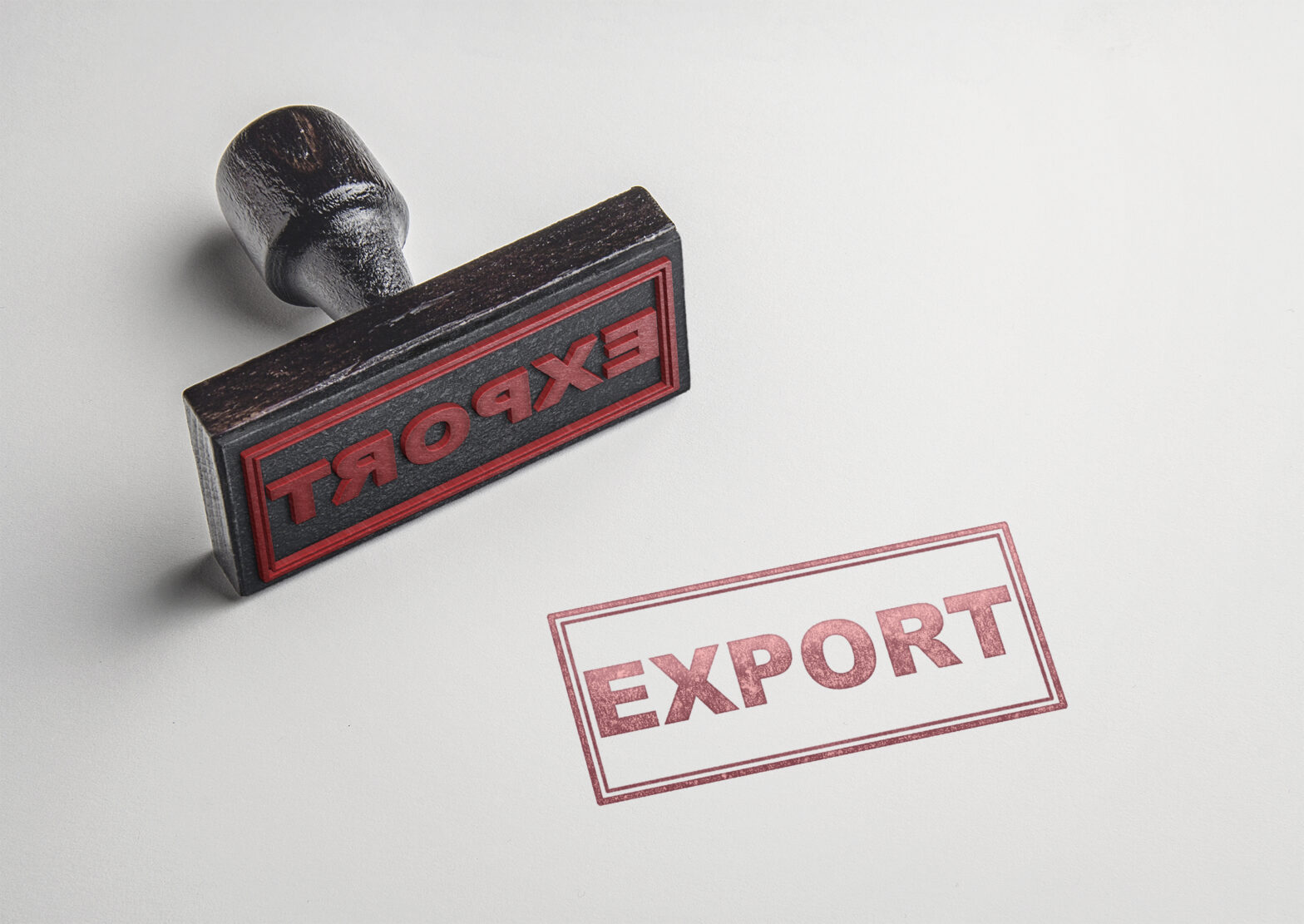Today, VoucherCodes.co.uk, part of RetailMeNot, reveals cross-border trade is continuing to grow despite concerns around Theresa May’s recent Brexit report. The research reveals spending from overseas retailers reached a share of 12.8 per cent in 2016, showing minimal signs of stagnating from 12.4 per cent in 2015.
The research also reveals the total cost of purchases made abroad increased to £7.7 billion in 2016, rising from £6.7 billion in 2015. Despite the current political ambiguity, this is predicted to increase yet again by 8.9 per cent this year to £8.4 billion.
In Europe as a whole, the overall value grew almost 20 per cent to £32.5 billion in 2016, showing the growing consumer appetite for cross-border trade has not been dampened by political and economic uncertainty across Europe. This is expected to climb even higher in 2017 to £37.7 billion.
However, when looking at the results of the UK’s cross-border spend, the research reveals Brits are less likely to purchase from overseas retailers compared to the rest of Europe.
In fact, in 2016, cross-border sales accounted for just 12.8 per cent of total online sales, whereas countries including Germany, France and the Netherlands saw shares as high as 25 per cent.
Whilst cross-border trade is undeniably on the rise in the UK, it is growing at a significantly lower rate than that of its counterparts.
In terms of value however, the UK continues to be one of the leading European markets and is predicted to spend an average of £8.42 billion abroad this year.
Whilst countries such as Spain, France and the Netherlands have a significantly higher percentage share in cross-border trade, the overall value these countries are spending is dramatically less. Spain, for example, will spend just £1.9 billion in cross-border trade compared to £8.4 billion in the UK.
Brexit’s impact on the UK economy
In addition to the increase in overseas sales, the UK economy and e-commerce in general has continued to perform adequately since the public voted to leave the EU. Consumer confidence which was forecast to collapse by the Bank of England has been buoyant and 2016 proved to be a stable year for growth, and this is estimated to continue throughout 2017.
However overall GDP growth develops at a slightly slower rate than previous years, slowing from 2.0 per cent in 2016 to 1.5 per cent predicted by the end of 2017. Whilst this is still a growth nonetheless, consumer spending is equally predicted to develop at a staggered rate.
Although spending grew by 2.6 per cent in 2015 and 2.8 per cent in 2016 and it is expected to increase by just 1.6 per cent in 2017 and a further 1.3 per cent in 2018.
Payment methods
When it comes to how consumers pay, the research from VoucherCodes.co.uk reveals that e-wallets including the likes of Apple and Android Pay are on the rise, with one in ten Brits (10 per cent) now using this as their preferred method of payment for online transactions. Debit cards remain the majority choice however with 41 per cent of the UK using them, closely followed by credit cards (37 per cent).
Since credit card providers in the UK are legally obliged to refund payments made for a failed retail transaction, this payment method is perceived as reassuring for many customers. However, e-wallets and payment integrators have continued to grow in popularity in recent years due to their convenience.
Payment integrators enable shoppers to register their details and use a variety of card and bank payment methods online, making it easier than ever for consumers to make a transaction at the tap of a button.
Claire Davenport, managing director at VoucherCodes.co.uk, part of RetailMeNot, comments, ‘Brexit or no Brexit, cross-border trade is becoming increasingly attractive to consumers for so many reasons.
‘Not only does it allow shoppers the access to so many more products at potentially cheaper
prices, but delivery options are developing enabling customers to get the products delivered faster than ever, particularly for countries that are in close proximity.
‘More and more retailers are now expanding internationally and often the customer is not even aware they are making an overseas purchase. With varied payment options widely available and simplified return policies, consumer confidence in cross-border trade is growing at an unprecedented rate and is offering a fantastic solution for both consumers seeking lower cost and available items, and retailers looking to increase global sales.’





